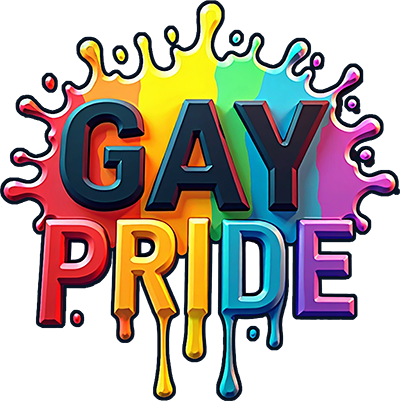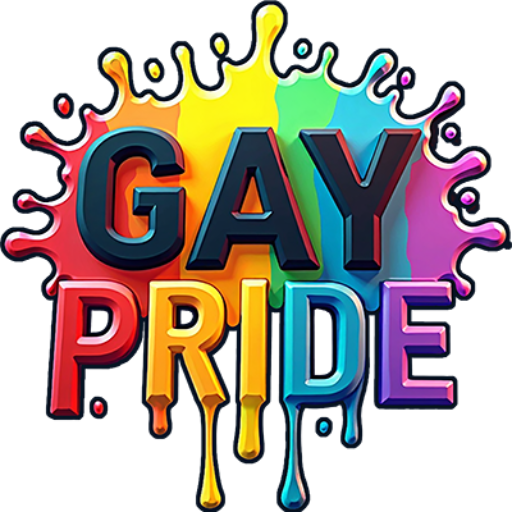Queer Spaces: The Importance of Safe Havens 🏳️🌈
In a world where diversity is celebrated yet sometimes challenged, queer spaces serve as crucial safe havens for the LGBTQ+ community. These environments offer more than just refuge—they foster a sense of belonging, community, and identity. Let’s explore why these spaces are essential and how they contribute to the well-being of individuals who identify as LGBTQ+.
Table of Contents
1. What Are Queer Spaces?
2. The Historical Significance of Queer Spaces
3. The Modern Importance of Safe Havens
4. Types of Queer Spaces
5. Building Inclusive Communities
6. Conclusion
7. FAQ
What Are Queer Spaces? 🏠
Queer spaces are physical or virtual places where LGBTQ+ individuals can express themselves freely without fear of judgment or discrimination. These spaces can range from bars, clubs, and community centers to online forums and social media groups. They serve as a sanctuary where individuals can connect with others who share similar experiences and identities.
The Historical Significance of Queer Spaces 📚
The history of queer spaces is rich and complex. In the past, these havens were often found in underground bars or secret meeting places, where LGBTQ+ individuals could gather away from the scrutiny of a largely unaccepting society. The Stonewall Inn, for example, became a pivotal location in the fight for LGBTQ+ rights following the Stonewall Riots in 1969. Such spaces have been at the forefront of social change, serving as breeding grounds for activism and community support.
The Modern Importance of Safe Havens 🌈
Today, the importance of queer spaces remains undiminished. Despite significant progress in LGBTQ+ rights, discrimination and prejudice still exist. Queer spaces offer a vital support system where individuals can access resources, find mentorship, and engage in advocacy. These havens foster mental and emotional well-being, providing a place where people can be their authentic selves.
Types of Queer Spaces 🏳️⚧️
Queer spaces come in various forms, each serving unique purposes. Here are a few notable types:
1. Nightlife Venues 🎉
Bars, clubs, and lounges have long been central to queer culture, providing spaces for celebration and socialization. These venues often host events like drag shows, dance parties, and karaoke nights, offering a vibrant atmosphere for expression.
2. Community Centers ❤️
LGBTQ+ community centers offer a wide range of services, from health resources and counseling to educational workshops and social events. They are crucial in providing support and advocacy within the community.
3. Online Communities 💻
With the rise of the internet, online queer spaces have become increasingly important. Platforms like Reddit, Discord, and specialized forums allow individuals to connect globally, offering support and advice from the comfort of their homes.
Building Inclusive Communities 🌍
Creating and maintaining inclusive queer spaces is an ongoing effort. It involves advocating for policies that protect LGBTQ+ rights, ensuring accessibility for all, and fostering a welcoming environment. Allies play a crucial role in supporting these efforts, helping to amplify voices and educate others.
Conclusion
Queer spaces are indispensable for the LGBTQ+ community, providing not only safety but also empowerment. As society continues to evolve, these havens will remain vital in nurturing acceptance and equality. By supporting and expanding such spaces, we contribute to a more inclusive and understanding world.
FAQ 🤔
1. Why are queer spaces important?
Queer spaces are important because they offer a safe environment for LGBTQ+ individuals to express themselves, connect with others, and access resources without fear of discrimination.
2. How can I support queer spaces?
You can support queer spaces by advocating for LGBTQ+ rights, volunteering at community centers, attending events, and educating yourself and others about the importance of these havens.
3. Are online queer spaces as effective as physical ones?
Online queer spaces can be just as effective as physical ones, especially for individuals who may not have access to local LGBTQ+ communities. They offer global connectivity and support.
4. What role do allies play in queer spaces?
Allies play a crucial role by supporting LGBTQ+ initiatives, advocating for rights, and fostering inclusive environments. Their involvement helps amplify voices and promote equality.
5. How have queer spaces changed over time?
Queer spaces have evolved from secretive meeting places to vibrant community hubs. The rise of digital platforms has expanded their reach, allowing for greater accessibility and connection.

